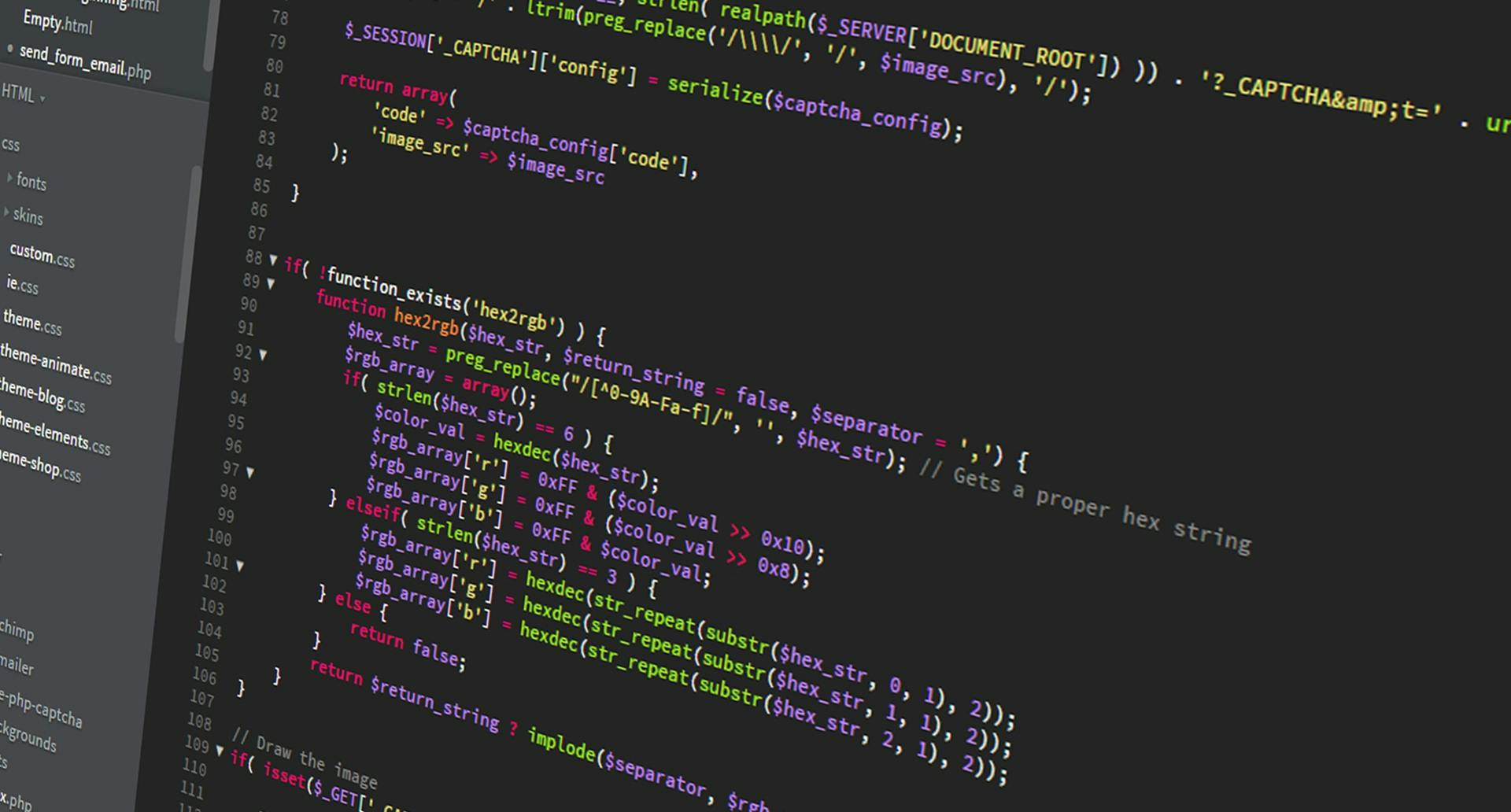In the ever-evolving landscape of web technologies, some programming languages enjoy the spotlight while others are pushed into the shadows of perceived obsolescence. PHP often finds itself in the latter category. Despite powering nearly 80% of websites globally, it frequently faces skepticism from developers who champion newer frameworks and languages. However, at Devlider, we continue to value PHP and use it actively for our blog and various web projects. Here’s why PHP is still a reliable and powerful choice.
Simplicity and Accessibility
One of PHP’s greatest advantages is its simplicity. Unlike more complex frameworks, PHP allows developers—whether seasoned or beginners—to quickly build functional websites without an overwhelming learning curve. Its syntax is intuitive, making it easy to grasp and implement. From simple landing pages to fully functional blogs, PHP provides a smooth development experience without unnecessary complications.
Flexibility and Compatibility
PHP is highly compatible with various databases, web servers, and operating systems. It runs seamlessly on Linux, Windows, and macOS while offering broad support for databases like MySQL, PostgreSQL, and SQLite. This flexibility enables developers to integrate PHP effortlessly into different project environments.
Furthermore, PHP is deeply embedded in WordPress, which remains the most widely used content management system (CMS) worldwide. Businesses, bloggers, and developers rely on PHP-driven WordPress to create customizable and scalable websites with ease.
Cost-Effective and Open-Source
PHP’s open-source nature translates to significant cost savings for companies. Unlike some paid solutions, PHP doesn’t require licensing fees, making it an excellent choice for startups and businesses looking to optimize their budgets. The vast developer community continuously improves the language, ensuring security patches and feature updates keep PHP competitive.
Common Criticisms: Are They Justified?
Despite its advantages, PHP isn’t without its drawbacks. Some developers argue that PHP lacks the modern elegance of newer frameworks like




